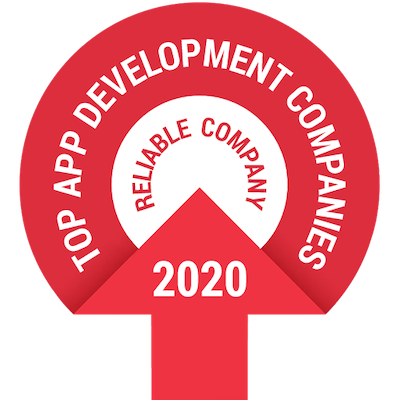Hiring an offshore software development agency to build your idea, trusting them with tens of thousands of dollars and putting your reputation on the line seems like a hard decision to make.
Picking a good outsourcing company can be really tricky. I've heard fifty different stories about how people got burned. Communication that is not set properly, unclear project expectations and bad guidelines make it difficult for both sides.
You assume the company you found has good intentions to build your product or service, but what if they are just there to take your money and pretend to do something? It's crucial that we do our homework and ask proper questions when choosing the right partner to create a win-win situation for both sides.










